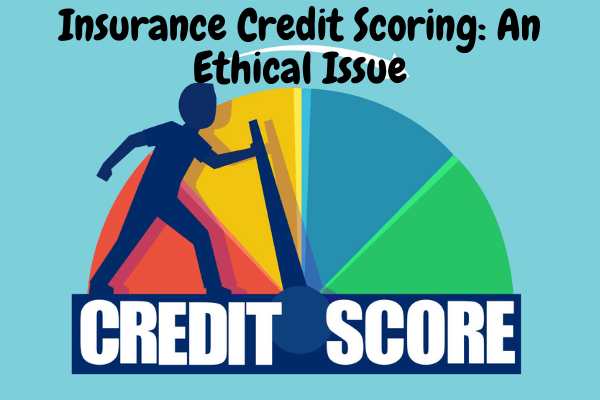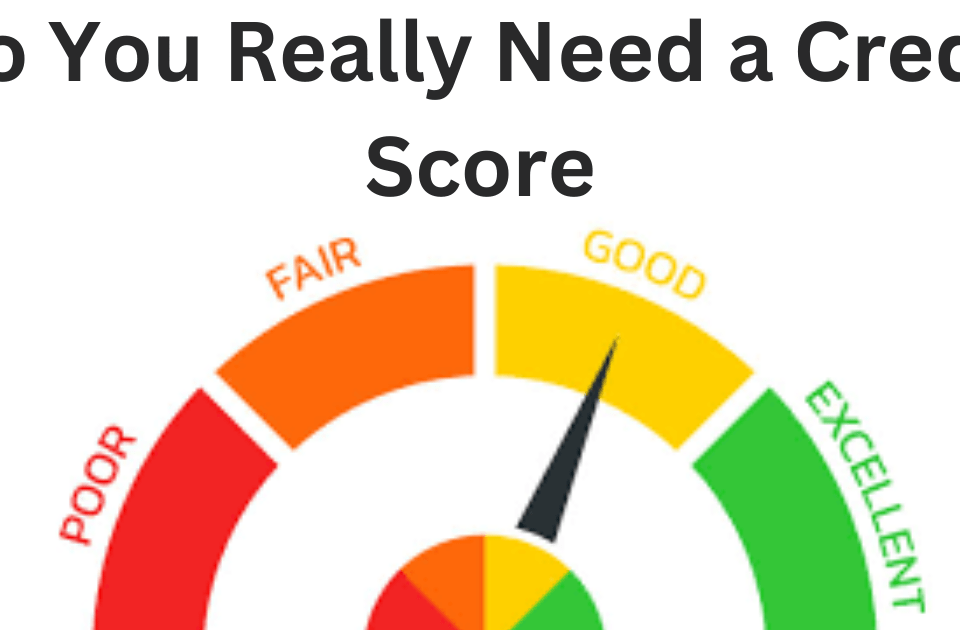The Equal Credit Opportunity Act forbids creditors from considering race, sex, marital status, national origin, and religion, but if we don’t even know how these companies are calculating these scores, how in the world could we possibly know whether or not they are discriminating. This smoke and mirror approach is what many government agencies do to subtly discriminate and extort money from the American.
What about extortion? As I reflect on this topic extortion comes to mind. Webster defines extortion as to “obtain by force or compulsion.” By using such unfounded tactics consumers are forced into paying the higher rates. First of all, 90% of all insurance companies use this procedure; secondly in the interest of society legislation requires all Americans with cars to have car insurance. Living in a country where it is virtually impossible to live without a car doesn’t this present some force to pay the rates? Also, lets say you cannot afford to buy a car with cash, in which case you could obtain liability insurance alone and save quite a lot of money; but instead you take out a loan, the bank will require you to obtain full coverage auto insurance to cover them until you pay off the loan. While this case may not represent an extreme case of extortion it does give reason to ponder the connection.
Insurance companies tout themselves as representing peace of mind, protection and security, but at what cost. Over the past 10 years, I have spent roughly 20,000 dollars in car insurance, what have I claimed? Easily less than half and I totaled a car. Is insurance just a form of legalized gambling protected by government? The McCarran-Ferguson Act of 1944 exempts the insurance industry from antitrust laws, so here we are again without a choice; collusion is the rule not competition. Where are the ethics of lawmakers? Many states are screaming about this controversial issue and some states such as California have had some success, but with protection from top government what can consumers do?
I have personally written the Governor of Pennsylvania about the subject, one of my main questions was;
“I am a concerned citizen. Recently I noticed my car insurance rates increasing at a substantial rate. I investigated the situation only to find out that my credit rating was making the difference, not my driving record.”
The response I received from the Department of Insurance follows:
This letter is in reponse to your complaint filed with the Pennsylvania Insurance Dpartment through Governor Edward G. Rendell’s correspondence office regarding the use of credit as an underwriting tool for automobile insurance in Pennsylvania.
I have read through your concerns and it appears that you are questioning the underwriting of automobile insurance. Specifically, the use of credit in determining eligibility. Many different factors go into the underwriting of an insurance policy, such as type of vehicle, drivers, location, etc. and most recently credit history. Pennsylvania law does not prohibit an insurance company fromusing credit as an underwriting tool so long as it is done within the first 60 days of writing a policy. Under the law, an insurance company is granted a 60 day window from the inception of a policy to determine whether or not the policy fits into the company’s guidelines.
In your letter, you stated credit scoring in part of the rating structure and presumable must be approved by the Insurance Department. Actually, credit scoring is part of a company’s underwriting guidelines and the Dapartment only regulates underwriting guideline to the extent they are not discriminatory.
Also, Federal law under the Fair Credit Reporting Act allows credit information to be used for underwriting financial and insurance transactions.






